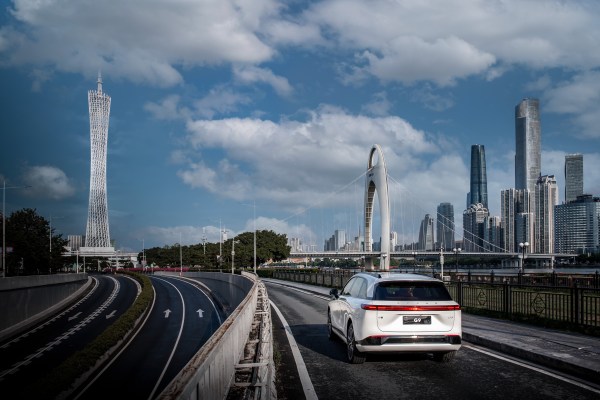The major news from China’s auto industry this week is Volkswagen’s $700 million investment in the country’s electric vehicle startup, XPeng. This partnership has the potential to set a precedent for Western automakers seeking to leverage Chinese firms for their EV expertise, while their Chinese counterparts can benefit from their foreign allies’ global distribution.
The agreement involves the production of two new battery-powered models under the Volkswagen brand utilizing some of XPeng’s key technologies. These include XPeng’s vehicle-to-anything (V2X) and XNGP solutions, its ADAS system comparable to Tesla’s FSD system, as well as its battery chassis architecture.
Although XPeng’s sales lag well behind those of Tesla and local EV giant BYD, it has earned a reputation for its focus on advanced technologies. The Guangzhou-based automaker has sought to differentiate itself in the heated EV race by investing heavily in its own proprietary autonomous vehicle technology, while its competitors often choose to partner with AV startups.
By acquiring a 5% stake in XPeng, Volkswagen gains access to not only its AV expertise but also its battery and smart cabin technology, something that software-focused AV companies obviously can’t offer.
For XPeng, the benefits of this partnership lie in adoption. Its customer base is still limited, accounting for just a 2.1% share of China’s new energy vehicle (including hybrids) market in 2022, according to the country’s passenger car industry association. Meanwhile, Volkswagen’s two local joint ventures collectively accounted for a whopping 15% of China’s retail auto market last year.
This means the partnership can help scale XPeng’s AV systems to more users, collect more data, and ultimately improve its algorithms, creating a data feedback loop that Tesla has long enjoyed — if the two new models prove successful. Volkswagen hasn’t had much luck with plug-ins in China. Last year, its EVs represented only about 3% of the country’s new energy vehicle market.
Additionally, this deal could boost XPeng’s global reach. According to a note from Morgan Stanley analyst Tim Hsiao to investors, this type of cooperation is “expected to lay the foundation for Chinese carmakers’ overseas expansion,” and in XPeng’s case “could open up more opportunities for future collaboration with the Volkswagen Group in China and around the world.”
XPeng and its archrival Nio have been aggressively pursuing overseas expansion, though their global businesses have yet to take off meaningfully. If the two jointly developed models prove successful, it is conceivable that Volkswagen will introduce them to other markets. For the time being, this investment appears to be a win-win situation, and other Chinese EV makers and global OEMs may follow suit.
